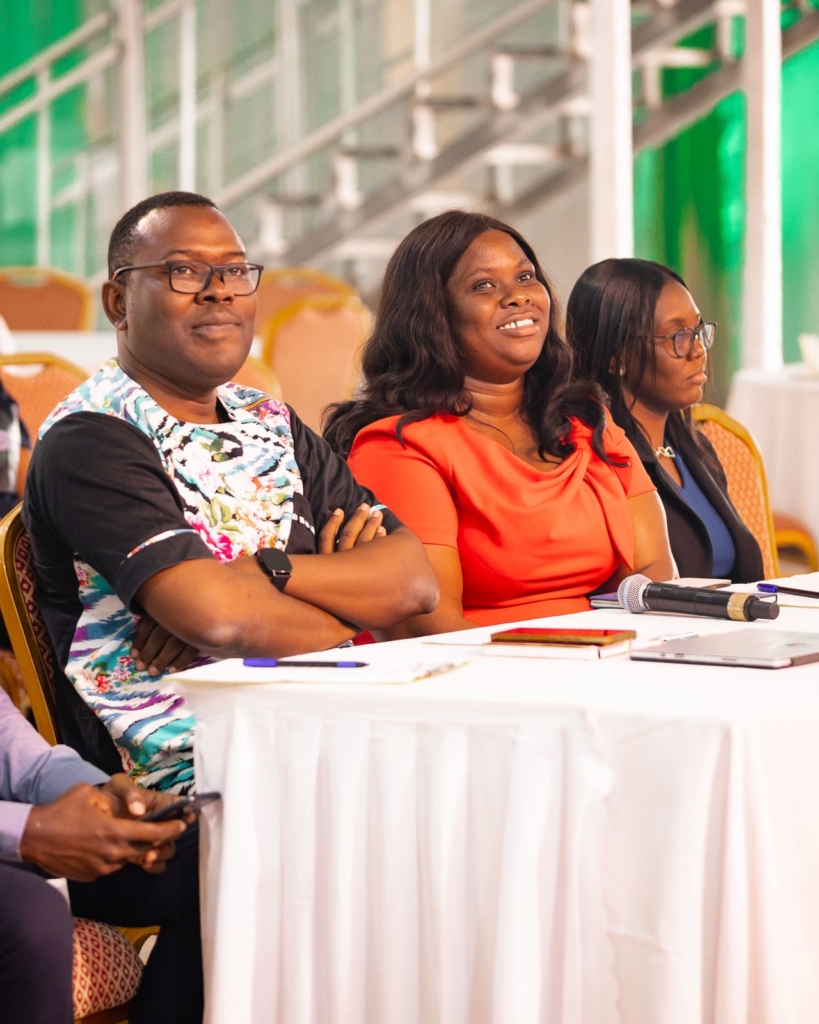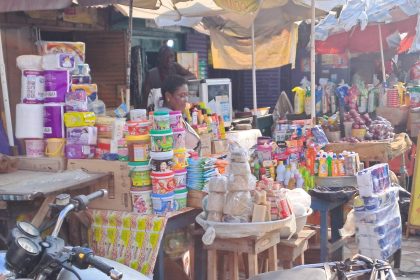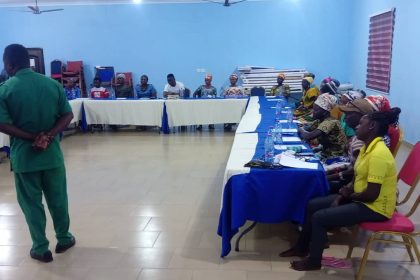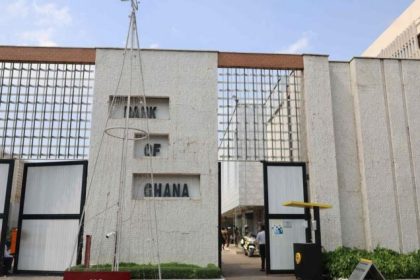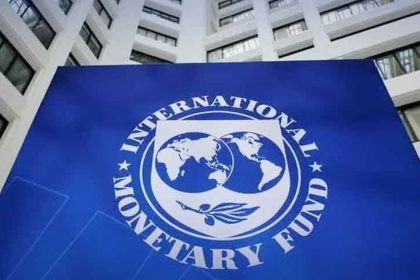The UK-Ghana Chamber of Commerce (UKGCC) has announced the winners of its 2025 Grand Challenge Pitch Event, an innovation competition aimed at transforming Ghana’s agricultural sector through technology-driven business solutions. The event, held in Accra and funded by the UK’s Foreign, Commonwealth and Development Office (FCDO), is part of efforts to support sustainable agribusinesses and strengthen the link between innovation and economic growth.
This year’s competition attracted close to 70 applicants from across Ghana. After multiple rounds of screening and mentorship, 12 startups were shortlisted for the final pitch before a panel of investors, industry experts, and development partners. They were assessed on market readiness, social impact, proof of concept, scalability, and alignment with Ghana’s agricultural priorities. The UKGCC also organised innovation workshops in Accra and Kumasi earlier in the year to prepare the entrepreneurs for investor engagement and to improve their business models.
At the end of the pitch, four startups emerged winners for their unique and practical solutions to challenges in Ghana’s agricultural and waste management sectors. Kodu Technology Limited was recognised for manufacturing affordable, eco-friendly sanitary pads made from plantain and banana stems — a product that supports both women’s health and agricultural waste recycling. Delimush, another winner, impressed judges with its ability to transform perishable crops such as mushrooms and tomatoes into long-lasting, chemical-free foods that can stay fresh for up to two years. Agri Mercab, a waste-management company, was honoured for converting organic waste into high-value agricultural products using black soldier fly technology. The fourth winner, Wobil Technologies, designs and produces climate-smart, locally made farm machinery to reduce post-harvest losses.
Each of the winning firms will receive commercialisation support, mentorship, and access to investor networks through the UKGCC and its partners. The aim is to help these companies scale their operations, expand into new markets, and strengthen Ghana’s agritech ecosystem.
Agriculture remains central to Ghana’s economy, providing livelihoods for millions but still grappling with problems such as post-harvest losses, poor storage systems, and climate vulnerability. The Grand Challenge is part of a broader push to use innovation, entrepreneurship, and private-sector partnerships to solve these persistent challenges. By backing startups that turn waste into value, improve food preservation, and design locally adapted machinery, the UKGCC hopes to promote sustainable and inclusive growth in the agricultural value chain.
Officials at the ceremony praised the creativity of young Ghanaian innovators, describing the finalists as examples of how homegrown ideas can address pressing national problems. They noted that the UK’s continued support for technology and enterprise development in Ghana reflects a shared commitment to driving long-term economic transformation through trade, not aid.
For the winners, the focus now shifts from innovation to impact. They will work with investors and development partners to refine their production processes, strengthen governance structures, and explore export opportunities within West Africa. The UKGCC said the next phase of its programme would extend funding and mentorship to more startups, supporting Ghana’s ambition to become a regional hub for agritech and sustainable innovation.


